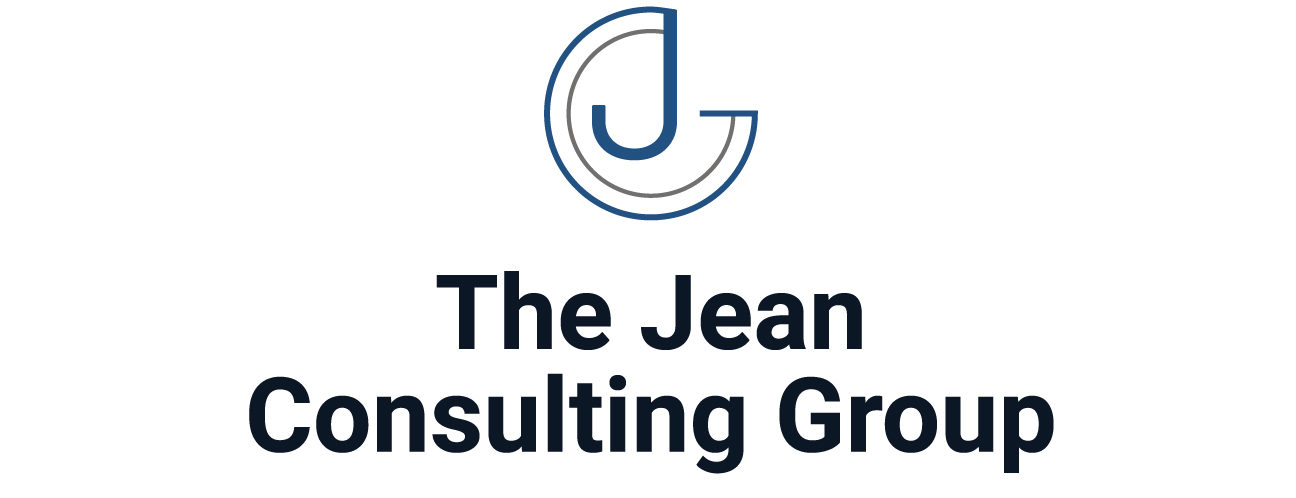In the intricate ecosystem of organizational management, handling disciplinary actions with a keen eye on legal compliance is paramount. The process of managing disputes, particularly those necessitating disciplinary measures, requires a balanced approach that upholds the organization’s policies while adhering to legal standards. This article explores the critical aspects of legal compliance in disciplinary actions within the context of dispute management, offering insights into the practices that safeguard both organizational integrity and employee rights.
The Importance of Legal Compliance in Disciplinary Actions
Legal compliance in disciplinary actions ensures that all measures taken in response to employee disputes or misconduct are in line with applicable laws and regulations. This compliance serves multiple purposes: it protects the organization from potential legal liabilities and lawsuits, preserves the fairness and integrity of the disciplinary process, and maintains a workplace environment based on respect and justice.
Key Considerations for Legal Compliance
To manage disputes and disciplinary actions effectively while ensuring legal compliance, organizations should consider the following key aspects:
- Clear Policies and Procedures: Establish comprehensive, clear, and accessible policies and procedures for disciplinary actions. These should outline the steps of the disciplinary process, criteria for different levels of disciplinary measures, and the rights of employees throughout the process.
- Documentation and Record-Keeping: Maintain detailed records of the dispute management process, including written complaints, summaries of investigations, communication with the involved parties, and the rationale behind disciplinary decisions. Proper documentation is crucial for justifying actions if legal scrutiny arises.
- Fair and Consistent Application: Ensure that disciplinary policies are applied fairly and consistently across the organization. Inconsistencies in handling similar cases can lead to allegations of discrimination or unfair treatment.
- Right to Representation and Appeal: Allow employees the right to representation during the disciplinary process and provide a clear avenue for appealing disciplinary decisions. These rights are critical components of a fair disciplinary system and help in mitigating legal risks.
- Training and Awareness: Regularly train managers and HR professionals on the legal aspects of dispute management and disciplinary actions. Awareness and understanding of legal obligations can prevent inadvertent violations.
- External Legal Advice: In complex cases, or where there is uncertainty about the legal implications of a disciplinary action, seeking external legal advice can provide valuable guidance and help avoid potential legal pitfalls.
Best Practices for Integrating Legal Compliance into Dispute Management
Integrating legal compliance into the fabric of dispute management involves several best practices:
- Proactive Communication: Engage in proactive communication with employees about behavioral expectations and the consequences of policy violations. This not only aids in prevention but also ensures that disciplinary actions are understood as part of established policy.
- Objective Investigations: Conduct thorough, unbiased investigations into disputes or allegations of misconduct. Objective investigations are the cornerstone of fair disciplinary actions and are critical for legal compliance.
- Consideration of Mitigating Factors: Before deciding on disciplinary measures, consider any mitigating factors or circumstances that may have contributed to the employee’s behavior. This comprehensive view supports more balanced and legally defensible decisions.
- Privacy and Confidentiality: Protect the privacy and confidentiality of all parties involved in a dispute or disciplinary process. Respect for privacy is not only a legal requirement but also contributes to the trust and integrity of the process.
Conclusion
Managing disciplinary actions within the framework of legal compliance is essential for effective dispute management. By adhering to clear policies, ensuring fairness and consistency, maintaining meticulous records, and respecting employee rights, organizations can navigate the complexities of disciplinary actions with confidence. This approach not only minimizes legal risks but also promotes a culture of accountability, fairness, and respect, which are indispensable for a productive and harmonious workplace.




